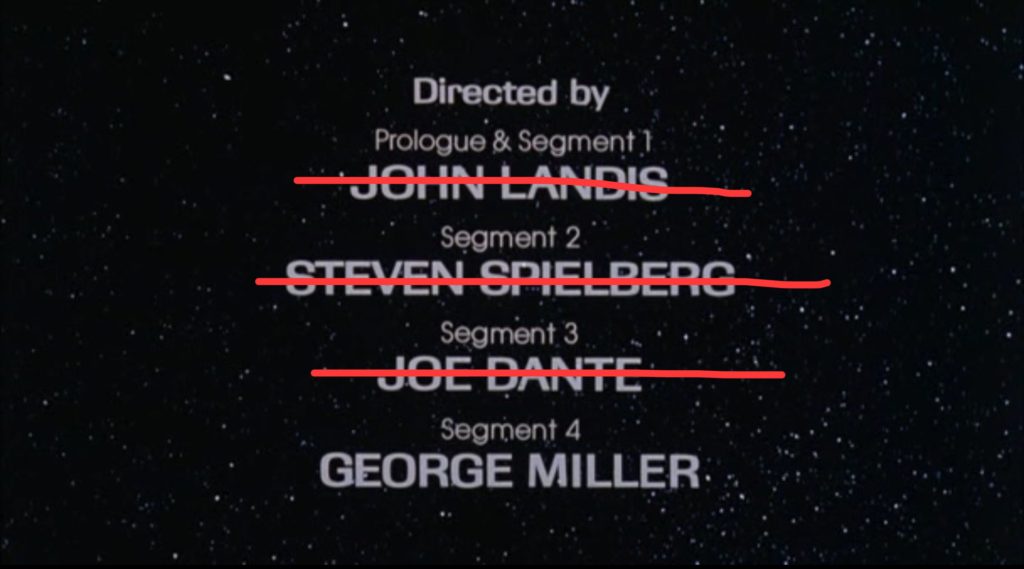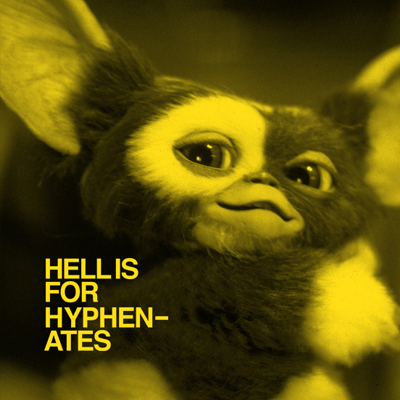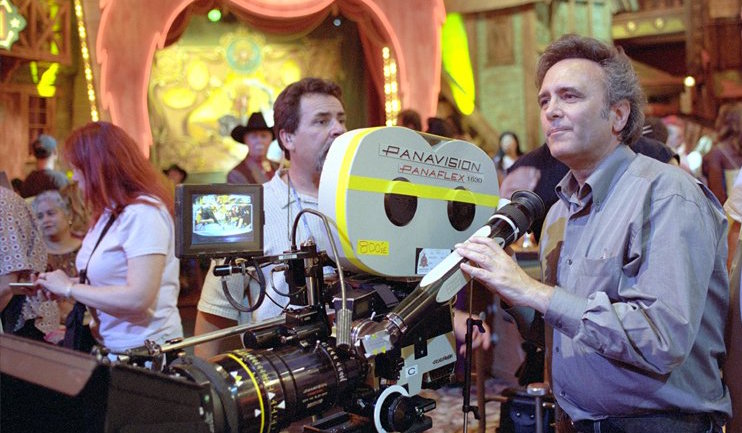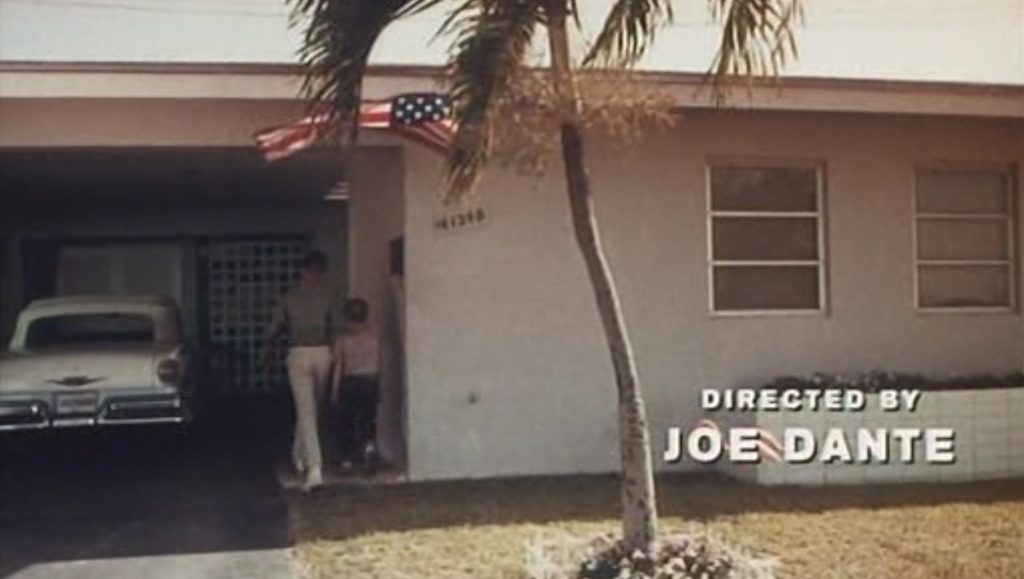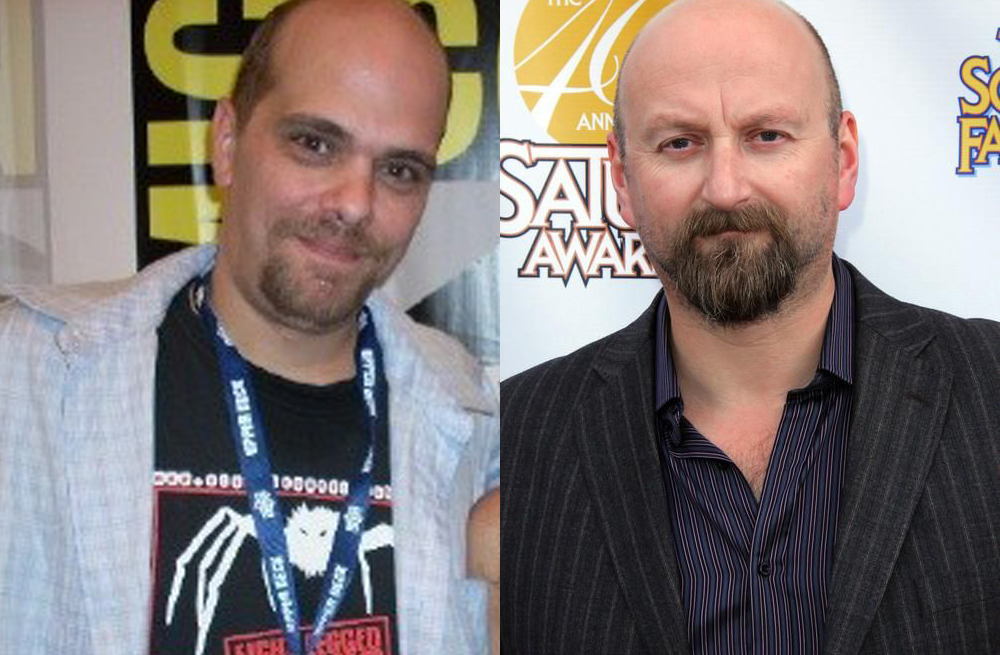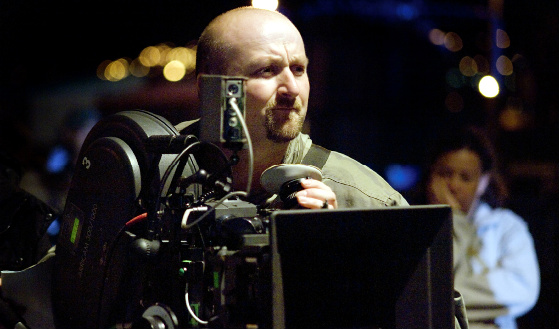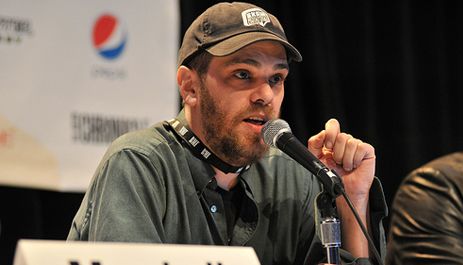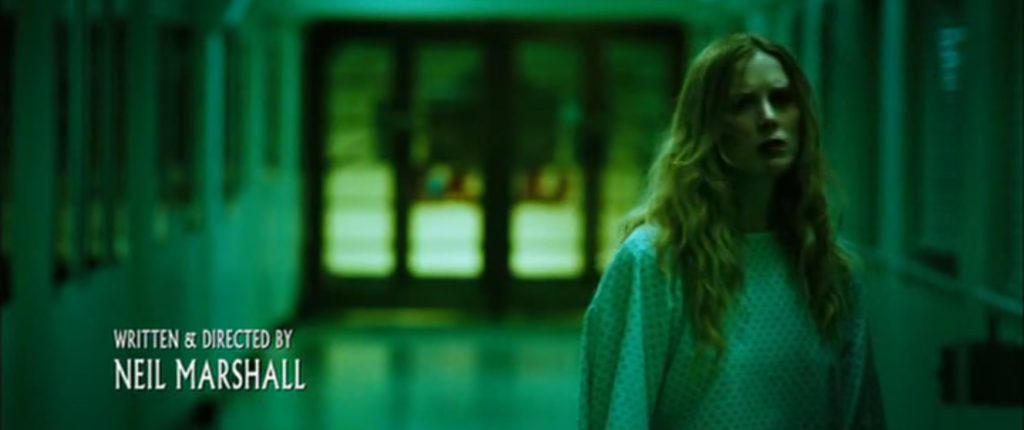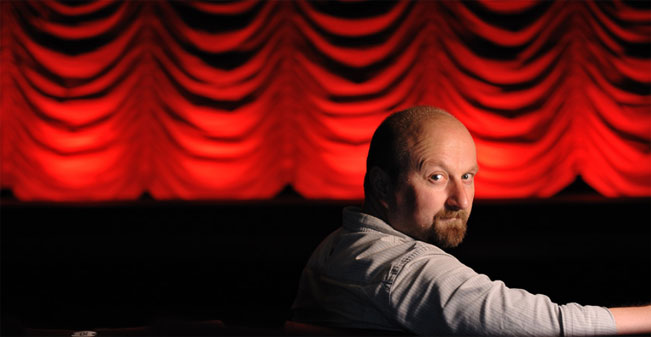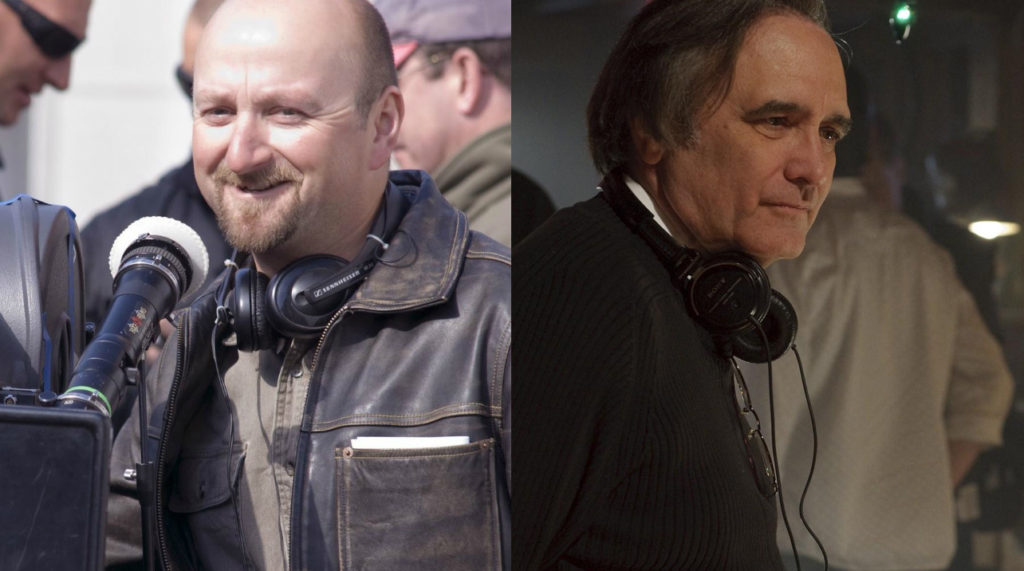
“I am aware that I have to please the comic fans, the Mignola fans, I gotta appease the Del Toro fans and somehow keep everybody happy or at least give them something new. The bottom line is I just gotta make a really great movie.â€
Seven years is a significant number. It's the number of years it took Richard Sherman to get an itch. It's how long Brad Pitt spent in Tibet. It's the amount of time Max Linder was doomed to suffer after breaking that window. (You can deep dive imdb for alternative examples if you so desire.)
It may not be a big round number, but we still wanted to mark the occasion with something significant, and that we did: this episode marks the first time that our guest was once our filmmaker of the month! It's a milestone we've been hoping to reach for quite some time, and after contacting Neil following our coverage of his films in the April episode, were delighted when he agreed to join us!
After Sophie and Lee chat about some of this month's new releases - including Jordan Peele's horror comedy Get Out, Ridley Scott's presequel Alien: Covenant, the latest Pirates of the Caribbean entry Dead Men Tell No Tales, and British comedy Mindhorn - Neil joins us from LA (not Vancouver).
We take this opportunity to, somewhat indulgently, ask him about what it was like to listen to the episode about his films, how strange it is to hear people talk about your work, and whether or not we got anything significantly wrong. Neil has also just been announced as the director of the next Hellboy film, following on from Guillermo del Toro, and the reaction to news of the reboot probably got him more press than any of his films. We get a little bit out of him about Hellboy, and his insights into what it's like to be at the centre of a media storm is fascinating.
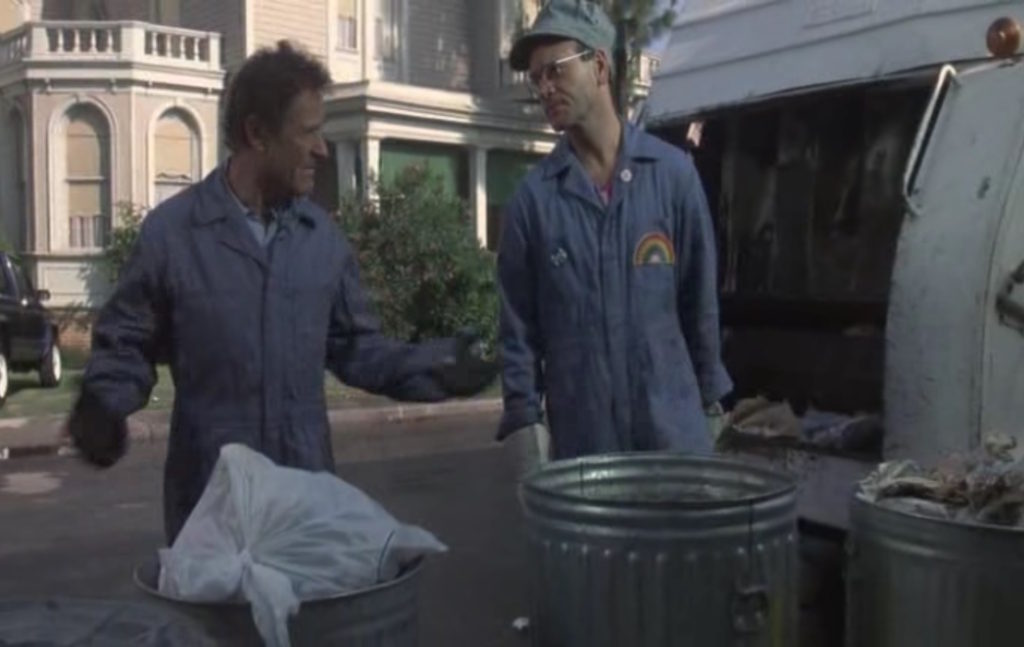
Then Neil takes us into the works of his own selected filmmaker of the month: Joe Dante. Neil grew up watching Dante's films, and finds it surreal that he is essential now a colleague of Dante, directing him in an anthology film and even contributing to Dante's website Trailers From Hell. But here Neil talks about why he loves Joe Dante's films so much, and the effect they had on him at a young age. What inspiration did the director of Dog Soldiers draw from the director of The Howling? You'll have to listen to find out!
Further reading:
- Sophie and Lee talk about Alien: Covenant, the latest film in Ridley Scott's Alien prequel series. Here is the original Hi4H review of Prometheus from June 2012.
- Lee expands on the idea of Prometheus as a metaphor for fatherhood contrasting Alien being a metaphor for motherhood on his blog here.
- As mentioned in the show, Sophie is currently at the 19th Seoul International Women's Film Festival. If you're in the area on June 6, you can see Sophie give a lecture on how feminist filmmakers changed cinema on a panel that includes Lizzie Borden and Ula Stöckl.
- With little-to-no embarrassment, we ask Neil what it was like to listen to our episode talking about his work. If you've not listened to it yet, check it out here!
- If you want to check out Trailers From Hell, the website by Joe Dante which features contributions from Neil Marshall (as well as the guest of our 3rd anniversary show Brian Trenchard-Smith).
- Pixilation is definitely a real thing. Never fail a film test again!
Outro music: “New York, New Yorkâ€, written by John Kander & Fred Ebb and performed by Tony Randall, from Gremlins 2: The New Batch (1990)
The latest episode of Hell Is For Hyphenates, featuring Neil Marshall talking the films of Joe Dante, can be heard on Stitcher Smart Radio, subscribed to on iTunes, or downloaded/streamed via our website.
